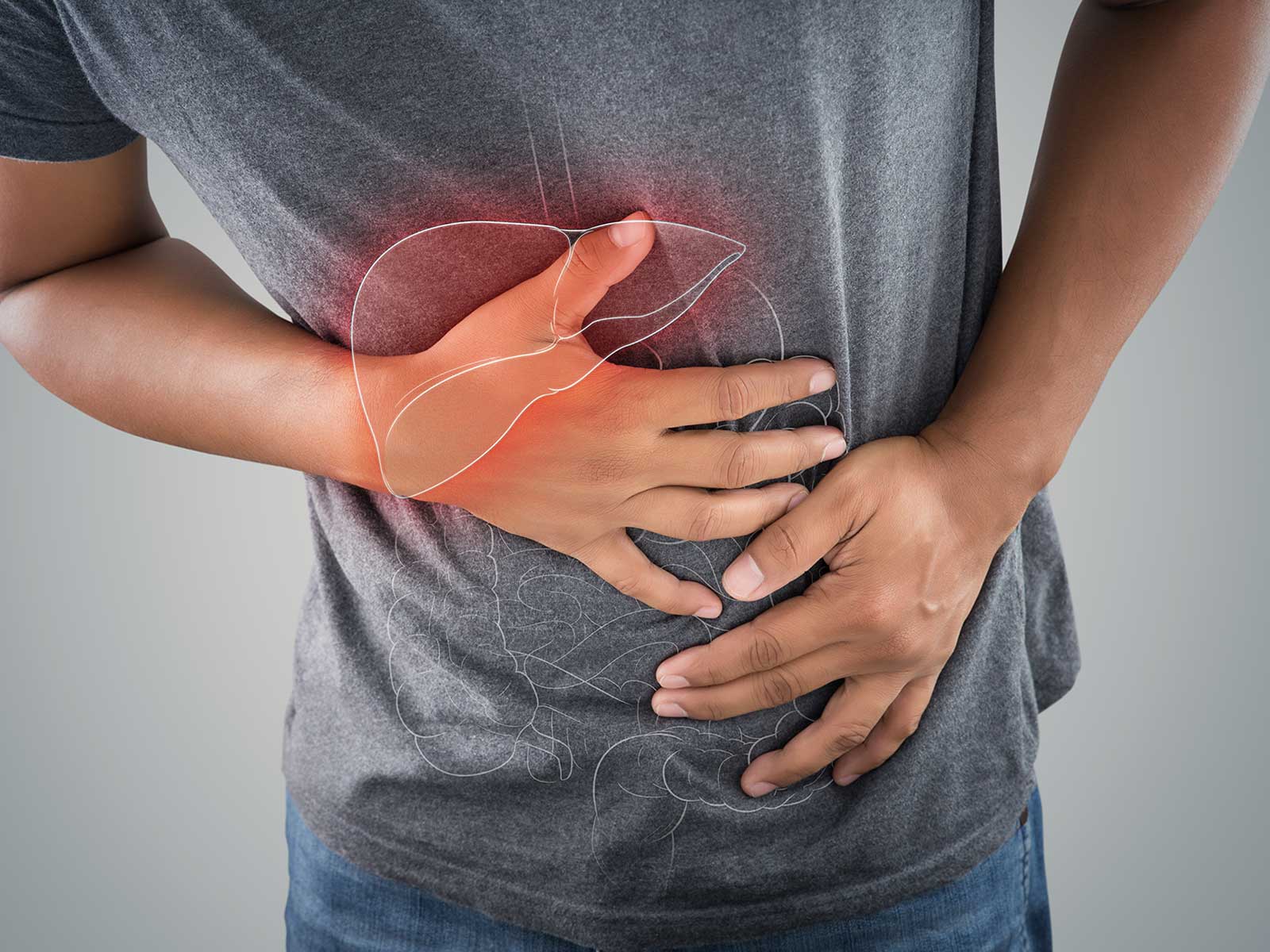
Budd-Chiari syndrome is a disorder, which emerges under the circumstances of blocking the drainage veins of the liver. This obstruction elevates the pressure in the liver that leads to pains, swellings in the liver that degenerates slowly. The results are achievable by the early diagnosis and treatment of that can optimize the positive results and decrease the risk of the severe complications.
The symptoms are also changeable, and also can include:
A vein blockage may result due to many causes that are caused by Budd-Chiari Syndrome:
The GastroDoxs of Houston offer recent care and therapy of the Budd-Chiari Syndrome on the basis of latest diagnostic tools and treatment techniques, such as anticoagulation and thrombolytic medications, TIPS surgery and diet education. We provide individual care and attention which is guided by compassion during the stage. The swelling and fatigue of the abdomen cannot get out of hand. You have come a step closer to healthy liver with your reservation with us.
We've successfully treated more than 1k patients, helping individuals improve their digestive health and overall well-being through expert, personalized care.
With over 20 years of experience, GastroDoxs has been a trusted provider of gastroenterology care, focusing on delivering the best outcomes for patients
Budd-Chiari Syndrome is a liver disease that is identified by the obstruction of veins which drain the liver leading to pressure within the liver, abdominal pain and swelling and liver damage after a period of time.
The achievement of diagnosis de-diagnosis is usually done by imaging studies- which can be Doppler ultrasound, CT scan or MRI to observe how the blood and clots move on the vein, blood tests to examine the functionality of the liver and how the clotting factors work.
The pain in the upper abdomen, the abdominal swelling (ascites), the liver size or the spleen size may be immensely extended, nausea, loss of appetite, fatigue, and the fluid in the lower extremities are the typical symptoms in some cases.
A clot in the hepatic veins is normally the cause of the condition. The reasons, which are considered to be risks, are inherited diseases of the clots, certain types of cancer, infection or inflammation of blood vessels, hormonal changes (pregnancy or using contraceptives) etc. which constitute foundation of the problem.
It is normally managed using anticoagulants (blood thinners) such as warfarin or heparin and diuretics to inhibit the development of additional clots and reduction in the amount of fluid respectively. It is also possible to encounter the situations when clot-dissolving agents are administered.
Yes. Low sodium diet limits the stored fluid and adequate quantity of protein and balanced nutrition is applied to sustain the overall state of liver and healing in the treatment process.
This is due to the fact that you must consult a liver specialist as soon as possible in case you experience unexplainable pains and swellings in the upper abdomen, rapid weight gain because of the retention of fluid or even persistent tiredness.
Get in touch with GastroDoxs in Houston and make an appointment. We also use a hepatology and a vascular team that we apply in the diagnosis and treatment of rare liver infections like the Budd- Chiari Syndrome.
There are instances where the patients may lead their normal lives and fail to acquire severe complications as the disease was detected early enough and managed appropriately, e.g., through administering drugs, possible interventional surgery, and regular follow-ups.
Not always. Patient responses to lifestyle change and drugs. However, the interventional treatment may be applied in the case when the veins obstruction is acute or the pressure in the liver is high i.e. TIPS or, in rare instances, liver transplantation.